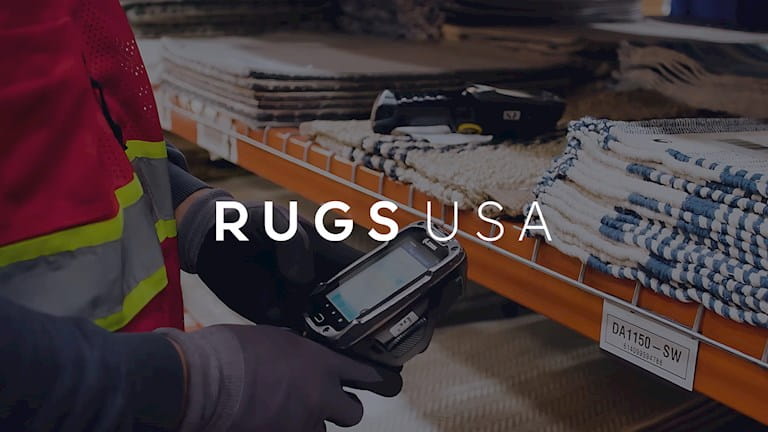Leading Global Private Equity Firm
Generative AI diligence reveals 30% productivity improvement potential
Our Impact
A potentially game-changing tool for performance improvement, generative AI quickly caught the eye of private equity investors looking to drive value creation in their portfolios.
One private equity client was considering acquiring a European industrial products organization and wanted to understand the potential for generative AI to deliver productivity and efficiency benefits over the hold period. But this rapidly evolving capability was new to the investment team—that’s where West Monroe came in.
Already a trusted partner for operational and technology diligence and portfolio improvement initiatives, we’re also known for helping clients reap the benefits of becoming digital. The investment team knew we could deliver generative AI insight with impact—and do so in time to inform the investment thesis.
Up to 30%
5-year productivity improvement potential by adopting generative AI
Up to 50%
5-year productivity improvement potential through persistent creation and management of warehouse automation programming
€5.6M
5-year estimated cost savings through new efficiency gains
The Full Story
The Challenge
As our private equity client evaluated a potential acquisition in the industrial products space, it wanted to understand the risks and opportunities of employing generative AI in the target’s business.
An area they wanted to zero-in on was efficiencies in the target’s warehouse automation programming, which is at the center of this sector’s performance and advantage. The challenge was quantifying the potential impact of AI across their workforce and operations over a three- to five-year hold period.
This was new territory for the investor and required a new type of analysis. As with any private equity investment scenario, time was of the essence.
An Undeniably Different Approach
We mobilized a team with industrial process, technology, and generative AI expertise. Our team conducted expert interviews and market research to understand current operations and capabilities. We then analyzed the generative AI opportunity from multiple angles:
- Software development and industrial automation integration
- Competitive landscape
- Supplier landscape
- Workforce impact and estimated cost savings
- Risk and mitigation considerations
Our work didn’t end with analyzing and quantifying the potential impact. We also showed how to deliver that impact by using generative AI to support warehouse automation programs, software development, and workforce planning—including the investments that would be necessary over six, 12, and 18 months.
What made our analysis possible in just weeks was the breadth and depth of expertise we were able to bring to this request.
Project Timeline
Real Results
Our analysis revealed that adopting generative AI—including auto-code generation—could boost productivity by up to 30% productivity over five years. If the target is persistent in creating and managing the target’s warehouse automation programming over that time, productivity gains could reach 50 percent. In addition, generative AI could potentially boost productivity an additional 30% for non-standardized code.
Potential efficiency gains could also reduce costs by €5.6 million over five years.
There was also more good news: Generative AI can help the target achieve its planned revenue growth without having to increase headcount—for example, by enabling engineers to work with more customers than they currently do.
The investment team had the unique insight it sought for building its investment thesis. It also had concrete direction for putting generative AI to use to create value during the hold period.
Build AI Into Your Business
It’s time to get past the hype of generative AI and turn it into tangible business value. West Monroe knows how.


.png?cx=0.5&cy=0.5&cw=768&ch=432&hash=8B42DD0A359FBFC9443564BC6589F22A)













